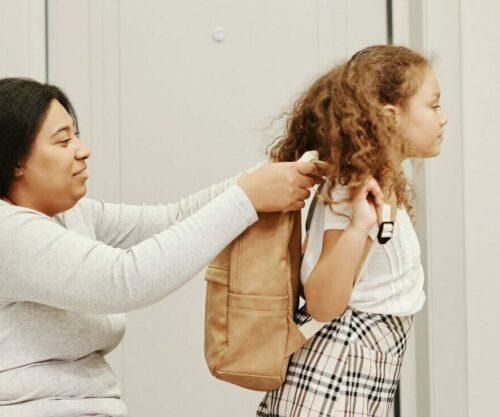
Seeing that technology has become a big part of our lives, it’s important that we learn not only how to use it responsibly, but how to stay safe online. Google Africa has compiled tips on how teenagers can remain vigilant and not fall prey to online predators.

Use technology together
You could learn a lot about online safety by actually teaching adults in your life how networks like Facebook work – and it’s a good way of ensuring that the avenue of discussion is open when it comes up.
Discuss online services and sites
Certain sites have age warnings and restrictions for a reason, and if nobody has talked to you about this, ask.
Protect passwords
Learn how to set secure passwords online. Never give it out, except perhaps to an adult you trust, whose help you might need. Never leave your social network, banking or any other profile open when browsing at public facilities like a school or community library.
Check age restrictions
Many online services – including Google – have age limits that restrict who can use their services. For example, you have to meet age requirements to have a Google account, and some of their products are restricted to users 18 years and older. Always check a website’s terms of use before signing up for an account, and stick to family rules about which sites and services you can use.
Protect your computer and identity
Use antivirus software and update it regularly, unless you have a Chromebook, which doesn’t need it. Talk with your family about the types of personal information – like identity numbers, phone numbers or home addresses – that shouldn’t be posted online. Learn basic safety information, like not accepting files or opening email attachments from unknown people – this is how viruses end up in your computer or phone.




